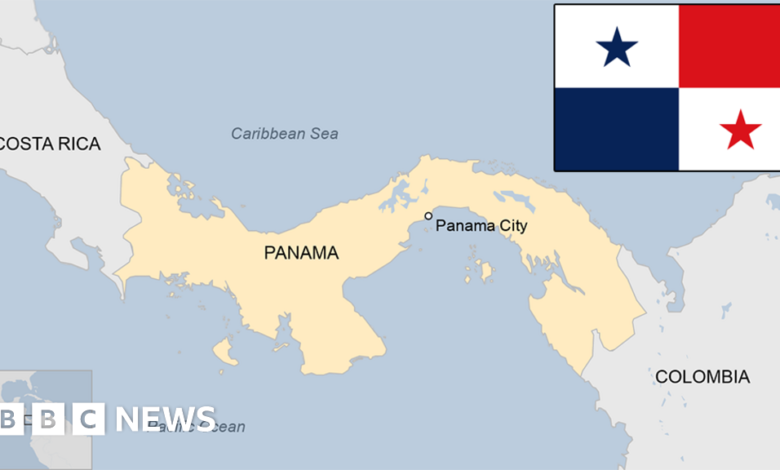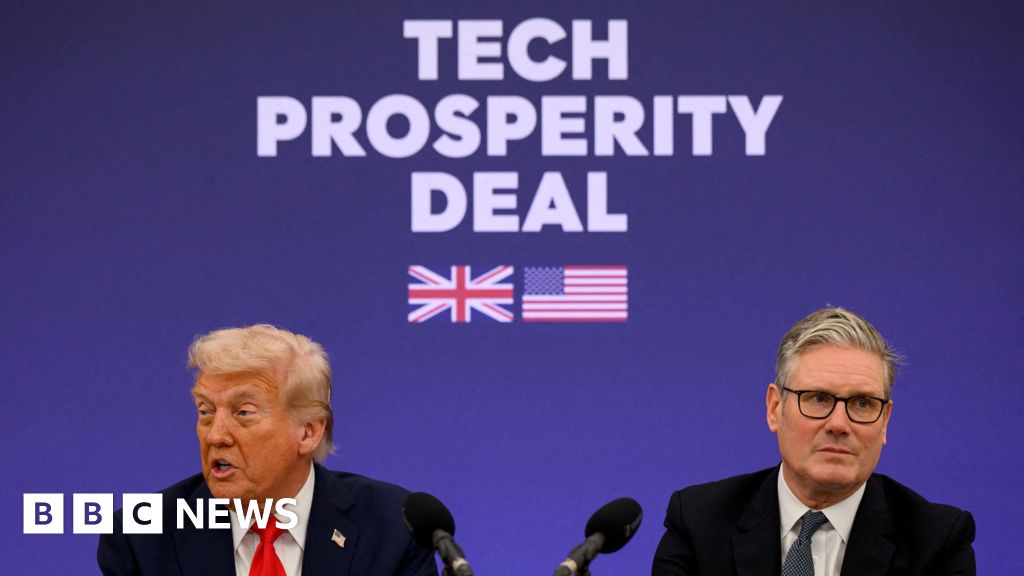Panama country profile – BBC News

Some key dates in the history of Panama:
2500-1700 BC – Panama sees some of the first pottery-making in the Americas.
1502 – Spanish explorer Rodrigo de Bastidas visits Panama, which is home to Chibchan, Chocoan, and Cueva and other indigenous peoples.
Due to diseases such as smallpox, the indigenous population falls dramatically in the years following European settlement.
1513 – Following Vasco Núñez de Balboa’s trek across the isthmus from the Atlantic to the Pacific, showing it is a bridge between the oceans.
1519 – Pedro Arias Dávila founds Panama City, which quickly becomes the marketplace of Spain’s empire as gold and silver are brought by ship from South America up the Pacific coast, transported across the isthmus, and loaded aboard ships for Spain.
1671 – The privateer Henry Morgan, licensed by the English government, sacks and burns Panama city, then the second most important settlement in the Spanish New World.
1698 – Darien scheme, a failed attempt by Scotland to establish a colony in the region. The ensuing debt contributes to the union of England and Scotland in 1707.
1821 – Panama becomes independent of Spain, but joins the confederacy of Gran Colombia, which also comprises Colombia, Venezuela, Ecuador, Peru and Bolivia.
1831 – Panama becomes part of Colombia following the collapse of Gran Colombia.
1880s – France attempts to build a canal linking the Atlantic and Pacific oceans, but fails due to financial difficulties and the death of more than 20,000 workers from tropical diseases.
1903 – Panama splits from Colombia and becomes fully independent. US buys rights to build Panama Canal and is given control of the Canal Zone in perpetuity. The canal is completed in 1914.
1968 – National guard seizes power. The military bring in social reforms, expanding social security, education and carrying out land redistribution.
1981 – Leader Omar Torrijos dies in a plane crash. General Manuel Antonio Noriega subsequently takes over as Panama’s leader.
1989 – US invades and ousts Gen Noriega.
1991 – Parliament approves constitutional reforms, including abolition of standing army.
1999 – Panama takes full control of the Panama Canal, ending nearly a century of US jurisdiction.
2023 – Nationwide protests lead to the cancellation of a new long-term contract awarded to First Quantum Minerals for Cobre Panamá, the region’s largest open-pit copper mine. Following a Supreme Court ruling, the government agrees to close the mine completely.
Source link

